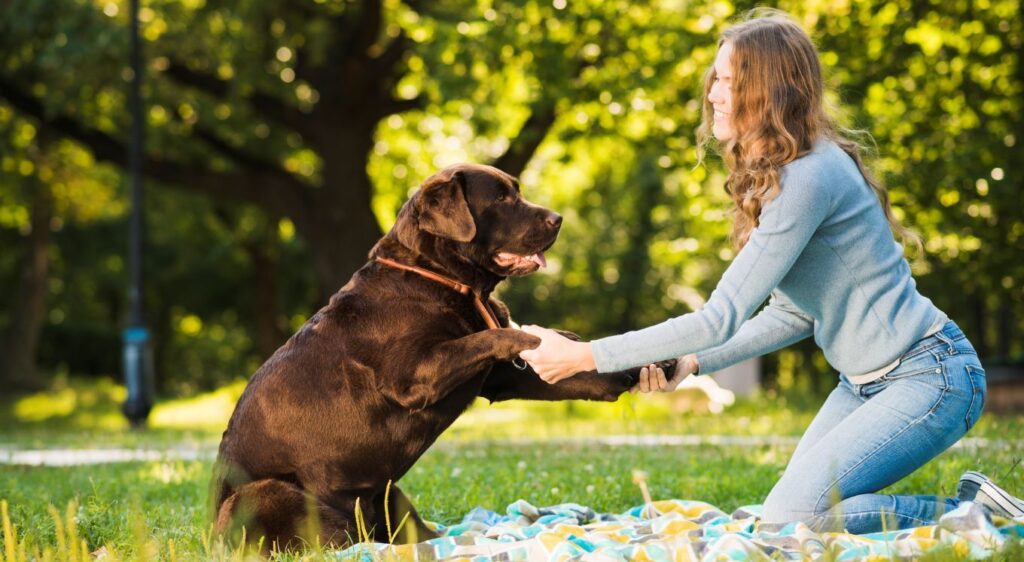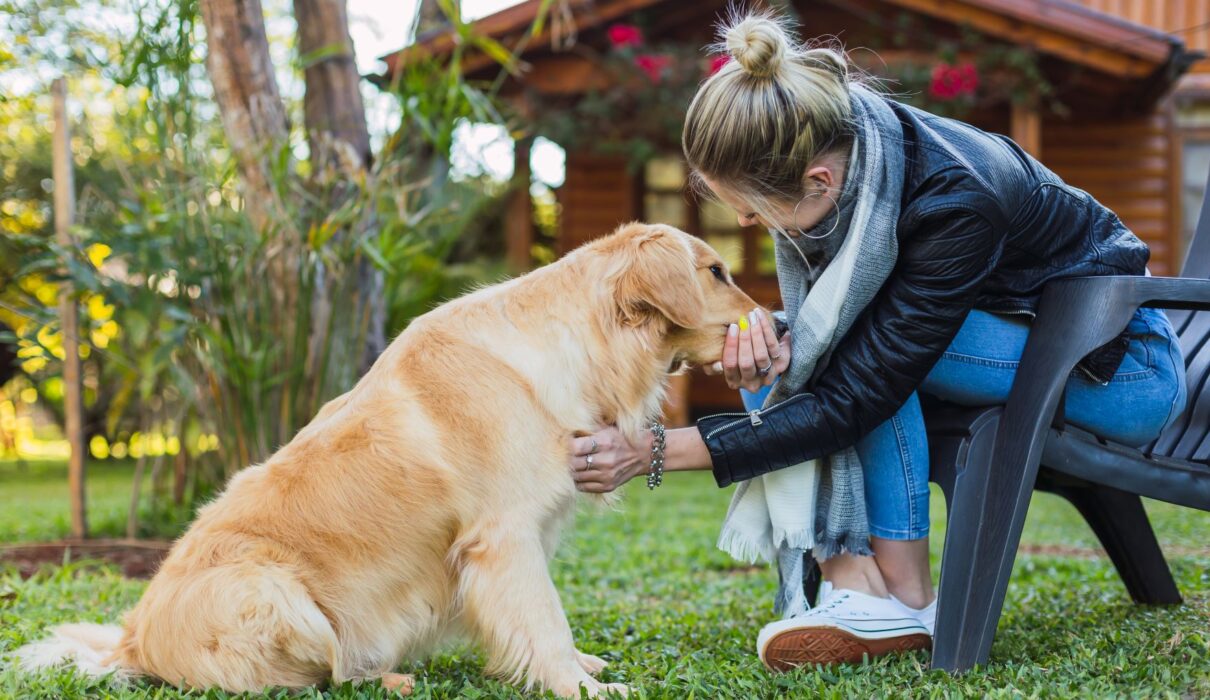A Beginner’s Guide to Dog Care: Taking Care of Your Furry Friend
Bringing a new dog into your life can be a rewarding and fulfilling experience. Dogs are loyal companions that provide endless love and joy to their owners. However, being a responsible pet parent also comes with a lot of responsibilities. From feeding and grooming to training and exercising, there are many factors to consider when taking care of a dog. If you are a beginner dog owner, here is a comprehensive guide to help you navigate the world of dog care.
Choosing the Right Dog
Before diving into the responsibilities of owning a dog, it is essential to choose the right breed that fits your lifestyle. Different dog breeds have varying temperaments, energy levels, and care requirements. Consider factors such as size, activity level, grooming needs, and temperament when selecting a dog breed that suits your living situation and schedule.
Setting Up Your Home
Once you have chosen the perfect four-legged companion, it is time to prepare your home for their arrival. Create a safe and comfortable space for your dog by setting up a designated area with their bed, water and food bowls, toys, and a crate if needed. Dog-proof your home by removing any hazardous items or plants that may be harmful to your furry friend.
Feeding Your Dog
Nutrition plays a vital role in your dog’s overall health and well-being. Choose a high-quality dog food that meets your pet’s specific dietary needs based on factors such as age, size, and activity level. Consult with your veterinarian to determine the best diet plan for your dog and establish a feeding schedule to maintain consistency.
Exercise and Playtime
Regular exercise is essential for your dog’s physical and mental health. Depending on your dog’s breed and age, they may require different levels of activity. Engage in daily walks, playtime, and interactive games to keep your dog active and stimulated. Regular exercise also helps prevent obesity and promotes bonding between you and your furry friend.

Grooming and Hygiene
Maintaining your dog’s grooming and hygiene is essential to prevent health issues and keep them looking and feeling their best. Brush your dog’s coat regularly to remove loose hair and prevent matting. Trim their nails, clean their ears, and brush their teeth to promote good hygiene. Bathing should be done as needed, using a mild dog shampoo to avoid skin irritation.
Veterinary Care
Regular veterinary check-ups are crucial for monitoring your dog’s health and catching any potential issues early. Vaccinations, parasite control, and dental care are essential aspects of maintaining your dog’s well-being. Keep track of your dog’s vaccination schedule and consult with your veterinarian about preventive healthcare measures.
Training and Socialization
Proper training and socialization are key components of raising a well-behaved and balanced dog. Establish consistent rules and boundaries from the beginning to prevent behavior problems. Use positive reinforcement techniques such as treats and praise to encourage good behavior. Socialize your dog with other animals and people to build their confidence and reduce anxiety in various settings.
Providing Mental Stimulation
Dogs are intelligent creatures that require mental stimulation to prevent boredom and destructive behavior. Provide your dog with interactive toys, puzzles, and games that challenge their minds and keep them entertained. Training sessions, new experiences, and enrichment activities help keep your dog mentally sharp and engaged.
Building a Strong Bond
Building a strong bond with your dog is essential for a harmonious and fulfilling relationship. Spend quality time with your pet through playtime, training, and cuddling. Show them love and affection to create a strong emotional connection. Understanding your dog’s body language and cues helps strengthen your communication and mutual understanding.
Safety and Emergency Preparedness
Accidents and emergencies can happen at any time, so it is crucial to be prepared for the unexpected. Create a first aid kit for your dog with essentials such as bandages, antiseptic wipes, and a pet emergency guide. Have a pet identification tag with your contact information in case your dog gets lost. Familiarize yourself with local veterinary clinics and emergency services in case of urgent situations.
Final Thought
Owning a dog is a significant responsibility that requires time, effort, and commitment. By following this beginner’s guide to dog care, you can provide your furry friend with the love, care, and attention they deserve. Remember that each dog is unique, so adjust your care routine based on your pet’s individual needs and preferences. With patience, consistency, and lots of love, you can build a strong and lasting bond with your canine companion that will bring joy and fulfillment to both of your lives.


